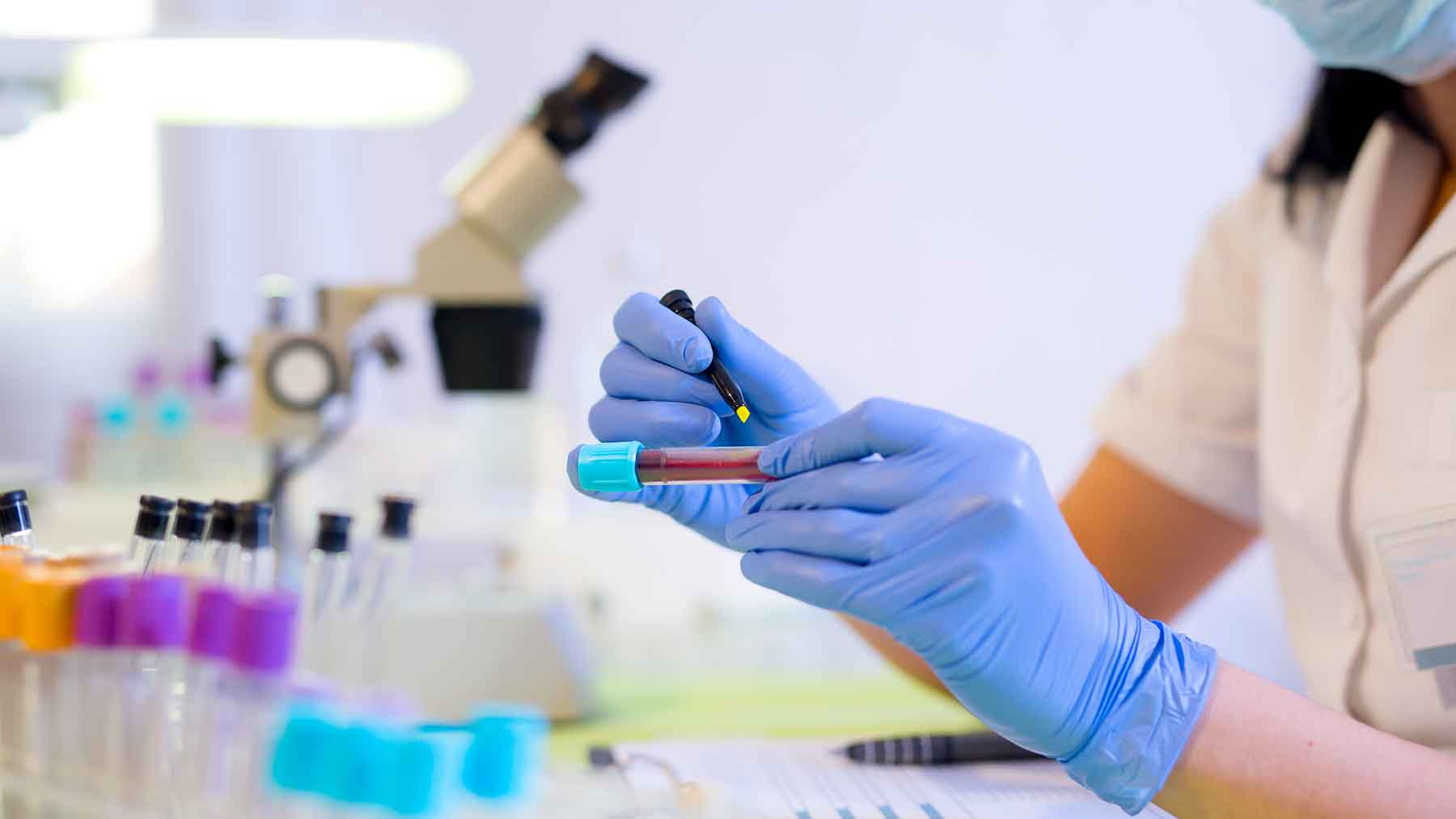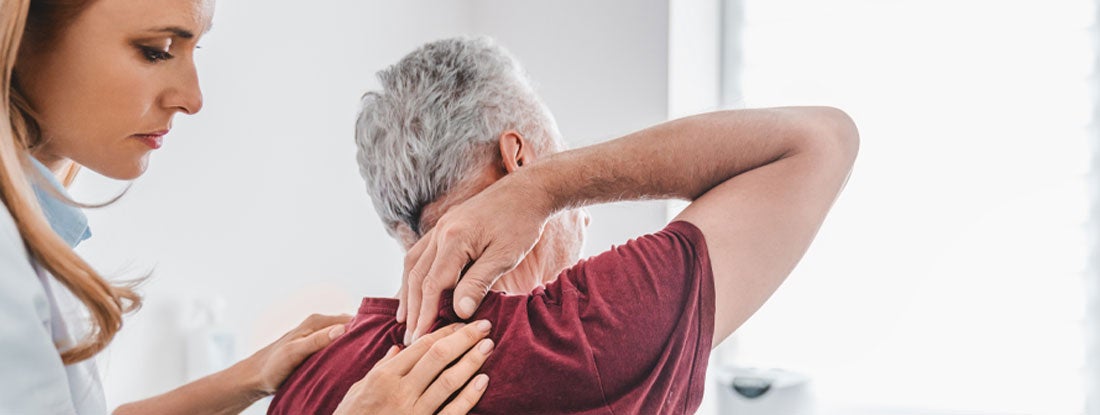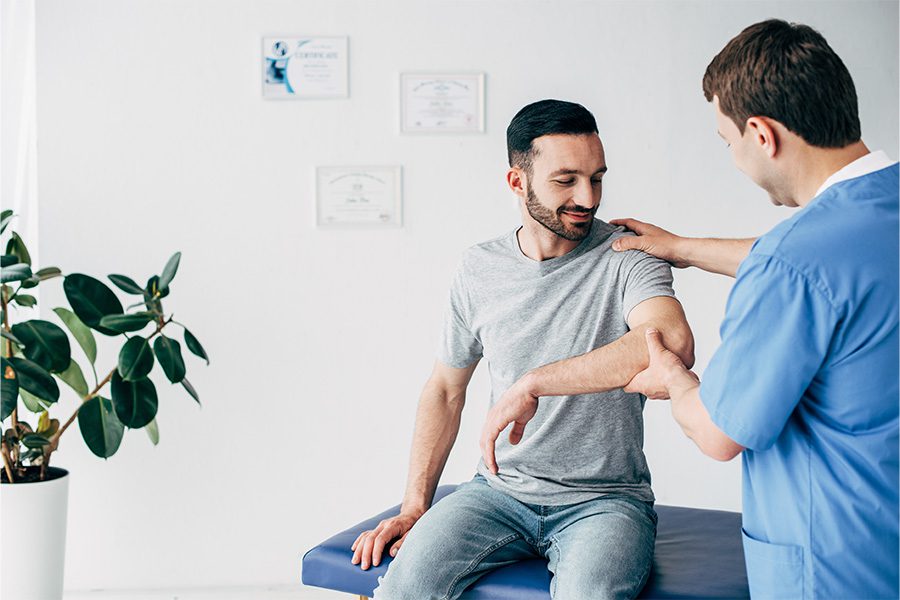
Getting a sexually transmitted disease is not anyone’s idea of fun. Whilst untreated STDs can linger and create long-term negative effects (even when no symptoms are evident), most STDs can be cured relatively quickly if detected and treated early on. Curable STDs, in most circumstances, can be eradicated in a matter of days or weeks. Even incurable STDs can now be treated and managed thanks to medical breakthroughs. To reduce your chance of infection, always practice safe sex and be upfront and honest with your sexual partners. But if you do catch an STD, just know it’s not the end of the world.
Table of Contents
STDs That are Treatable
The good news is that most sexually transmitted diseases are completely treatable if detected early. In fact, many are treatable with only a single-dose prescription antibiotic regimen. However keep in mind that the absence of symptoms does not always imply that you are STD-free. If you’ve recently engaged in sexual activity with an infected partner, you should contact a reputable STD testing source and get tested right away. The sooner you start therapy, the easier it will be to get rid of the STD. Also, keep in mind that “STD immunity” does not exist. Even if you have previously contracted and been cured of a sexually transmitted disease, your body is just as susceptible to contracting it again in the future.
Let’s take a look at some of the more prevalent treatable STDs:.
Gonorrhea
When found early, gonorrhea is easily treated. Your doctor will most likely prescribe an antibiotic treatment program, and it is critical that you follow it for the entire term, even if your symptoms have abated. It usually takes a few days from the start of treatment for your body to be free of the infection, though pelvic pain might last up to two weeks. It is recommended that you refrain from having sex from the start of treatment until a week after it is over. Visit our gonorrhea symptoms page for more information.
Chlamydia
Chlamydia symptoms will go away in a few days with the correct antibiotic treatment regimen, and the infection will be gone in as little as a week. To be safe, as with other STDs, you should refrain from having intercourse during your therapy and for at least a week afterward. Visit our chlamydia symptoms page for more information.
Syphilis
Syphilis is easily treatable with prescription medicines if found early enough. Early stage syphilis normally clears up in two to six weeks from the start of therapy if you follow your medication carefully and for the specified length. Remember that even if your symptoms have subsided, you must complete the treatment plan exactly as directed. It is advised to avoid sexual activity while undergoing therapy. For additional information, check our syphilis symptoms page.
Trichomoniasis
Trichomoniasis is another ailment that is easily treated with the proper prescription antibiotic treatment. It typically takes 7 to 10 days to treat a trichomoniasis infection, and it is recommended that you refrain from having intercourse during this time and until both you and your partner have tested negative. Visit our trichomoniasis symptoms page for more information.
STDs That are Incurable

Regrettably, there are certain sexually transmitted illnesses that have no known cure. Many STDs are just as easily transmitted as treatable illnesses, and symptoms can vary considerably or be non-existent depending on the infection. Luckily, all of these diseases are treatable and/or preventable with immunization. It is also very uncommon for someone to live a long and happy life despite having contracted an incurable STD.
Herpes
Unfortunately, once you have herpes (HSV-1 or HSV-2), you will have it for the rest of your life. But, prescription and over-the-counter treatments are easily available to help you control the infection and reduce the severity of rare outbreaks. Visit our herpes symptoms page for more information.
B Hepatitis
Another treatable but not curable STD is hepatitis B. Yet, unlike herpes, the hepatitis B virus will eventually go away on its own (although the antiviral medications help to ensure no lasting effects). The greatest method to keep hepatitis B from becoming a problem in the first place is to be vaccinated. This vaccine is typically given to neonates within 24 hours of delivery. Visit our hepatitis B symptoms page for more information.
HIV
While there is no cure for HIV, antiretroviral medication (ART) has been shown to reduce the virus’s symptoms and transmission risk. In certain cases, ART can suppress the virus to the point that it no longer shows up in normal blood tests. While ART and other medical advances can allow an HIV+ individual to live as long as anyone else, the infection is still communicable, and precautions against sexual activity are still strongly advised. Visit our HIV symptoms page for additional information.
Conclusion
Because there is no known natural immunity to any of these sexually transmitted illnesses, anyone who engages in sexual activity is at risk. While safe sex methods such as condoms can help lower the chance of transmission, the truth is that no prophylactic strategy, other than abstinence, is completely safe. However, keep in mind that the great majority of curable and incurable STDs rarely cause obvious STD symptoms. For this reason, if you fear you could have become infected-even if you feel entirely fine-it is always a good idea to identify a trusted supplier of STD testing services and get tested. If you are positive, it is best to find out as soon as possible so that your doctor can start you on the appropriate treatment regimen(s). Both curable and incurable STDs are treatable, but you must act immediately.






